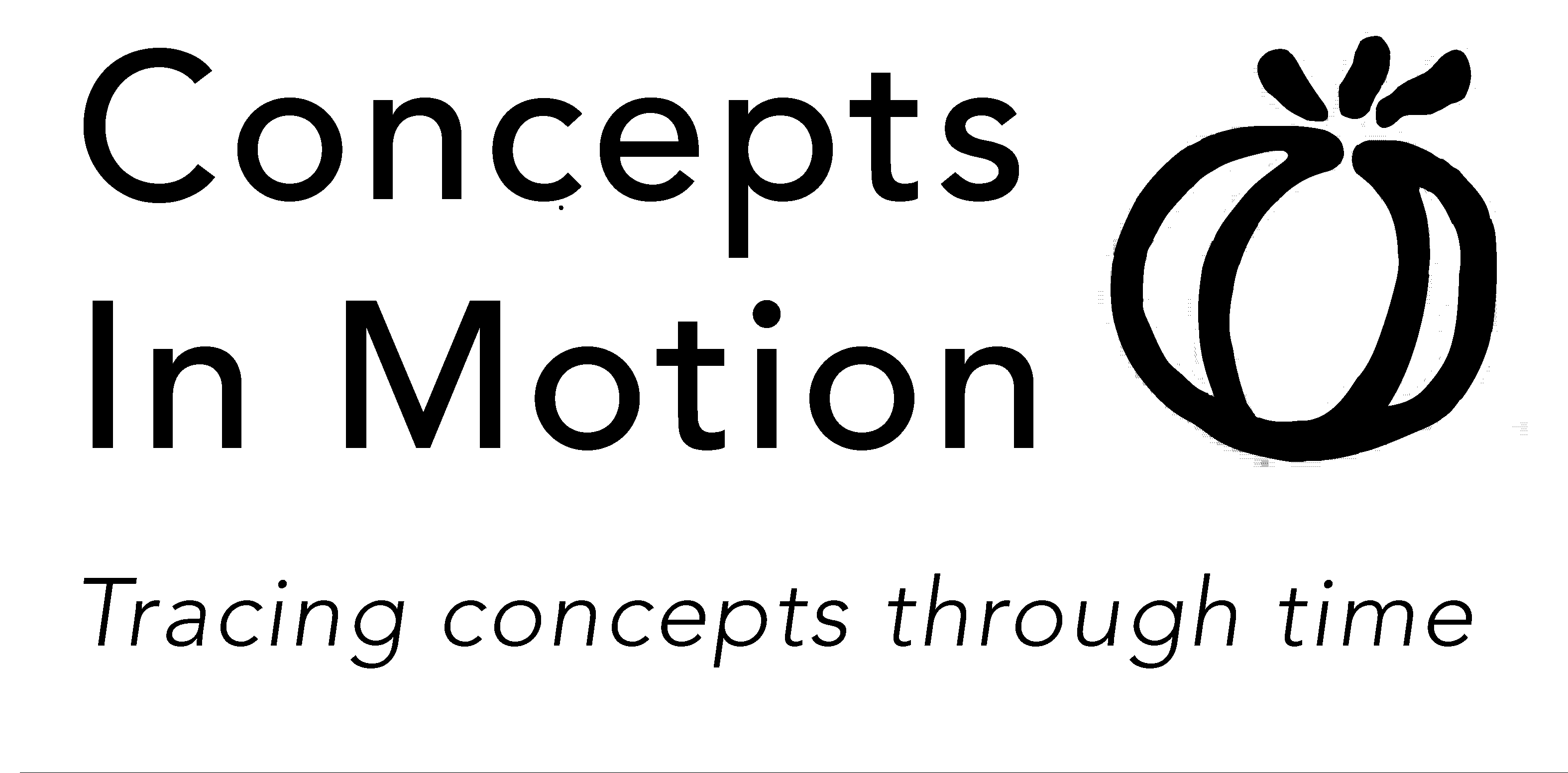In this online seminar series, hosted by Concepts in Motion, the speakers are all PhD students in philosophy, or in the history of philosophy or philosophical ideas. The focus of this series is data, and the speakers have in common that their research is, at least in part, data-driven. We aim for this series to be an excellent opportunity for PhD students to make their work know, to build bridges between like-minded researchers across universities, and to collaboratively address data related challenges in their research.
Once every three weeks a speaker introduces their project, presents the role data plays in it, and explains how they go about collecting, cleaning, enriching, refining, visualizing, publishing, linking, etc. their data. Typically, a seminar will last 90 minutes, with 20 minutes for the speaker’s presentation and 70 minutes for Q&A and open discussion.
Upcoming PhD-in-DaDriH Seminars:

March 26th, 2024
15:00 PM (CET)
90 minutes
Speaker: Filippo Mosca
Title: An attempt to apply topic modeling techniques to Wittgenstein’s Nachlass
This talk will explore the application of Latent Dirichlet Allocation (LDA) Model to the writings of Ludwig Wittgenstein. Specifically, it will highlight what topic modeling is and why it can be useful for philosophical interpretation, show the two main stages of how LDA works in practice (data preprocessing and model execution), and address some major challenges in assembling the corpus of Wittgenstein’s writings. Finally, initial results will be shown and the limitations and problems associated with these results will be pointed out.
Zoom Link:
https://uva-live.zoom.us/meeting/register/tZAkceyqrDsiH9V_u2LAz4aZ5VQvrfJq4-Z-

April 23rd, 2024
15:00 PM (CEST)
90 minutes
Speaker: [Open Slot]
Title: TBA
Content TBA
Zoom Link:
TBA

May 21st, 2024
15:00 PM (CEST)
90 minutes
Speaker: Nicola Ruschena
Title: TBA
Content TBA
Zoom Link:
https://uva-live.zoom.us/meeting/register/tZUucu-gqD4jH9KyCaL0zCwd-8A9YucV0wpp

June 18th, 2024
15:00 PM (CEST)
90 minutes
Speaker: Thijs Ossenkoppele
Title: TBA
Content TBA
Zoom Link:
https://uva-live.zoom.us/meeting/register/tZErf-urrjojGdNF_q9_thqP9WJSU7HVe47z

Previous PhD-in-DaDriH Seminars:

Februari 29th, 2024
15:00 PM (CET)
90 minutes
Speaker: Matthieu Moullec
Title: Directed Embedding graphs for computational history of ideas
The field of history of ideas has long suffered from a perceived subjectivity – a perception now changing with increasingly sophisticated formal and computational methods. Computational methods have been proposed to develop systematic historical approaches, using methods as diverse as first order logic, ontologies, or distributional semantics. One difficulty which nonetheless arises is the complexity of parsing corpuses of a wide variety into these predefined formats – a task which is both expensive and time consuming. This difficulty is all the more felt in the history of ideas, which encompasses heterogeneous corpuses.
We propose a new approach to address these challenges in the history of ideas. Our strategy involves constructing philosophical texts as directed graphs of sentence embeddings. This method retains the overall propositional structure and logical coherence of the texts. The sentence embeddings are crafted to encapsulate the nuanced meanings within the philosophical discourse. By transforming these
embeddings into directed graphs, we can effectively quantify and analyze the interconnections and relational dynamics of various philosophical propositions. Given we are using modern language models, we correct the embeddings to account for a variety of shifts.
A crucial advantage of our approach is its efficiency. The process of embedding and transforming text into graph models is not only rapid but also boasts a high degree of accuracy. Furthermore, we integrate
clustering algorithms to group similar embeddings, which aids in identifying recurring themes, patterns, and shifts in philosophical thought. We demonstrate this approach on a topic in philosophy of mind: that of embodied cognition.
Zoom Link:
https://uva-live.zoom.us/meeting/register/tZUkc-2vpjwvEtVAKtzDzIfeNfztegmoB_Rg

February 7th, 2024
2:30 PM (CET)
90 minutes
Speaker: Maria Chiara Parisi
Title: Tracing Mathematics in Ancient Philosophy: a data-driven investigation
Maria Chiara Parisi (University of Amsterdam) works on reconstructing the role of mathematics as a science and its explanations in Antiquity, from Aristotle to Neoplatonism. She combines conceptual analysis (e.g. modelling of concepts such as ‘axiom’, ‘principle’, and ‘demonstration’) with quantitative and computational techniques (e.g. expanded term-search, extraction and annotation of paragraphs) on a ‘big-data’ ancient Greek corpus. She will present research questions, conceptual models, expert term lists, and paragraph annotation techniques she is currently using, followed by Q&A and open discussion.
Zoom Link:
https://uva-live.zoom.us/meeting/register/tZYpdO2urDwrHdYxnijpP5cUgc1LvKb2ySSh

January 16th, 2024
15:00 PM (CET)
90 minutes
Speaker: Maud van Lier
Title: Modelling Artificial Agency
Maud van Lier (University of Konstanz) investigates the concept of agency in AI in her PhD project embedded in “The future of creativity in basic research: Can artificial agents be authors of scientific discoveries?“. Maud has developed a conceptual model of artificial agency, and plans on mining a corpus of AI and computer science literature to investigate the representativeness and accuracy of her model. She will present her conceptual model and her current strategy for mining the corpus, followed by Q&A and open discussion.
Zoom Link:
https://uva-live.zoom.us/meeting/register/tZcpd–orzsiGdO4sf8QI9ZRF_xRzkaVS7hN

